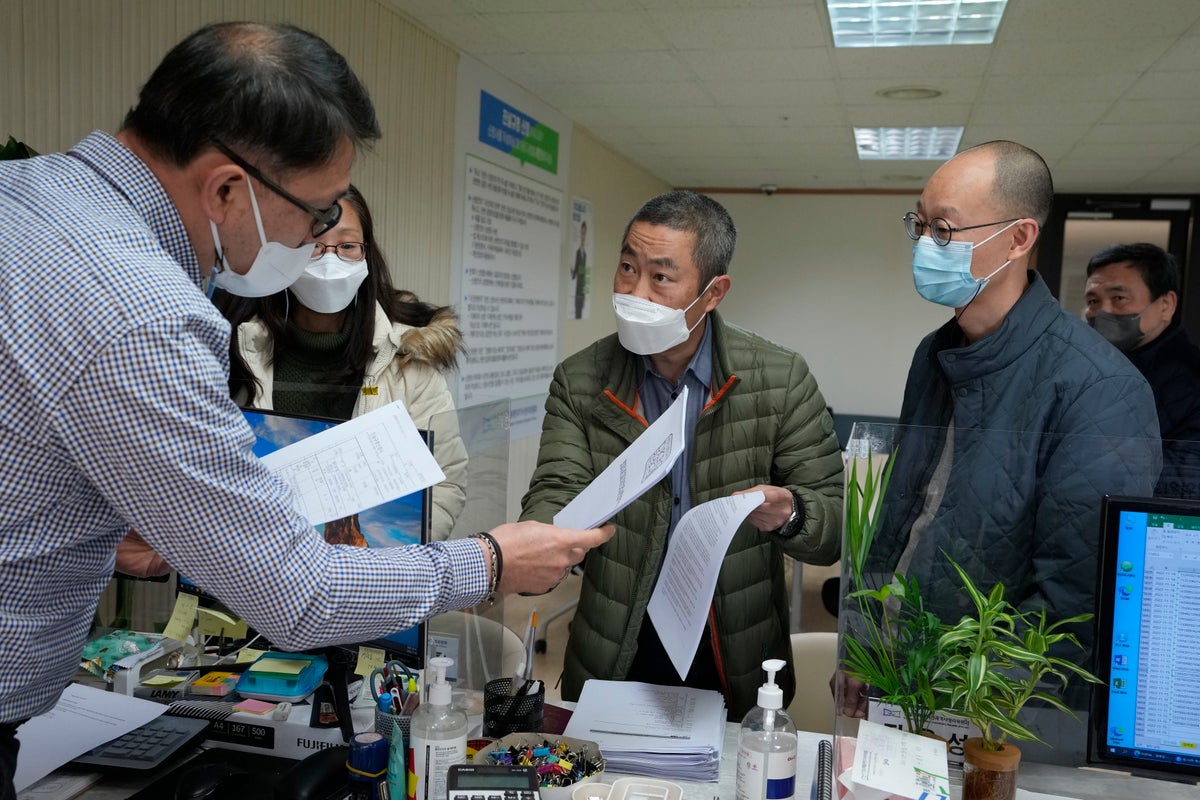
South Korea’s Truth and Reconciliation Commission will investigate the cases of dozens of South Korean adoptees in Europe and the United States who suspect their origins were falsified or obscured during a child export frenzy in the mid- to late-1900s.
The decision Thursday opens what could be South Korea’s most far-reaching inquiry into foreign adoptions yet. Frustration over broken family connections and laundered child statuses and identities grew and demanded government attention.
The adopted South Koreans are believed to be the world’s largest diaspora of adoptees. In the past six decades, about 200,000 South Koreans — mostly girls — were adopted overseas. Most were placed with white parents in the United States and Europe during the 1970s and ′80s.
After a meeting Tuesday, the commission decided to investigate 34 adoptees who were sent to Denmark, Norway, the Netherlands, Germany, Belgium, and the United States from the 1960s to the early 1990s. The adoptees say they were wrongfully removed from their families through falsified documents and corrupt practices.
They were among the 51 adoptees who first submitted their applications to the commission in August through the Danish Korean Rights Group, led by adoptee attorney Peter Møller. The applications filed by Møller’s group have since grown to over 300, and dozens of adoptees from Sweden and Australia are also expected to file applications on Friday, which is the commission’s deadline for investigation requests, Møller said.
The investigation will likely expand over the next few months as the commission reviews whether to accept the applications submitted after August. Cases that are seen as similar will likely be fused to speed up the investigations, commission official Park Young-il said.
The applications cite a broad range of grievances that allege carelessness and a lack of due diligence in the removal of scores of children from their families amid loose government monitoring.
During that time, the country was ruled by a succession of military leaders who saw adoptions as a way to deepen ties with the democratic West while reducing the number of mouths to feed and removing the socially undesirable, including children of unwed mothers and orphans. South Korea was a rare country that enforced special laws aimed at promoting adoptions, which allowed profit-driven agencies to manipulate records and bypass proper child relinquishment.
Most of the South Korean adoptees sent abroad were registered by agencies as legal orphans found abandoned on the streets, a designation that made the adoption process quicker and easier. But many of the so-called orphans had relatives who could be easily identified and found.
Some of the adoptees say they discovered that the agencies had switched their identities to replace other children who died or got too sick to travel, which often made it impossible to trace their roots.
The adoptees called for the commission to broadly investigate agencies for records falsification and manipulation and for allegedly proceeding with adoptions without the proper consent of birth parents.
They want the commission to establish whether the government was responsible for the corrupt practices and whether adoptions were fueled by increasingly larger payments and donations from adoptive parents, which apparently motivated agencies to create their own supply.







